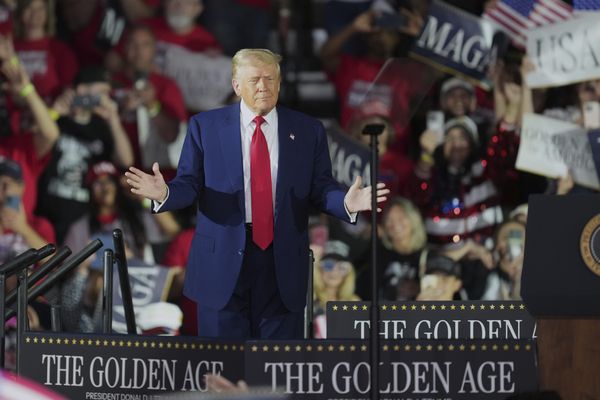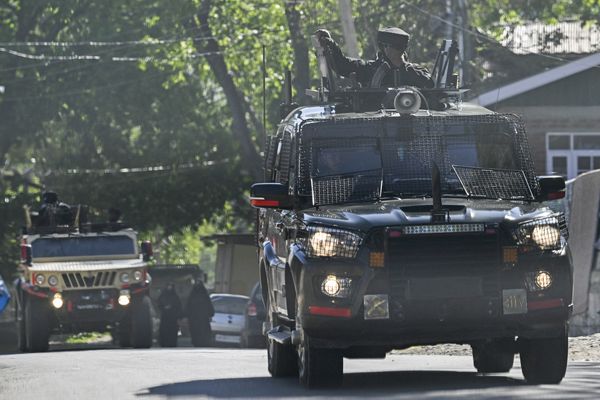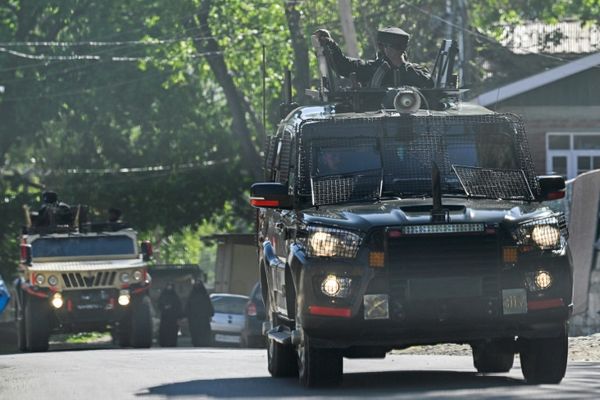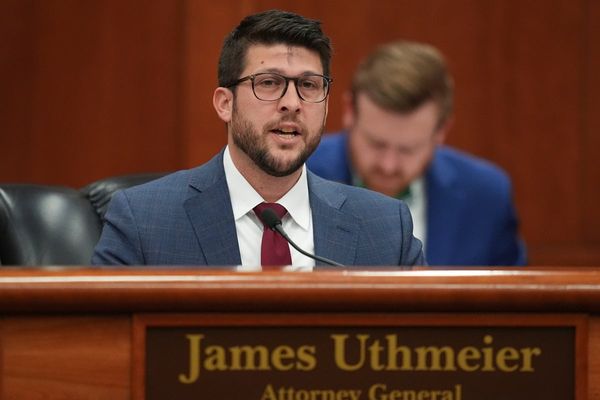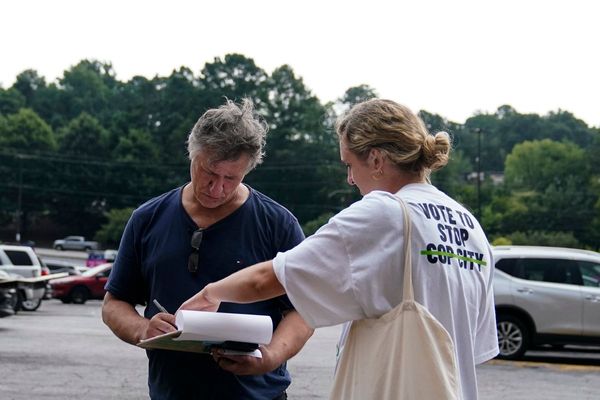
There are few more ridiculous political ideas than the proposition that the Labour party should break its link with the trade unions. The union bond grounds the party and has saved Labour governments from the failed delusion of socialist economics. However, there is one idea that is far worse, and it is now gripping a small but noisy Labour faction: the idea that Labour should support every strike held in the UK.
Whatever the cause, whatever the case, some on the left of the party believe that “your struggle is my struggle” – hence the picket-line posturing and attention-seeking social media posts of some Labour MPs this summer. This is damaging for the party. At its heart, this returning to the 1970s sends one message loud and clear: that those MPs want Labour to be a party of protest rather than a party that is ever in power. That’s why Keir Starmer was right to ban frontbenchers from joining picket lines and absolutely correct to sack the junior shadow transport minister Sam Tarry after he freelanced on pay policy from an RMT picket line last week.
Since its foundation, Labour has been a party that aspires to govern – and when it governs it does so for all of the country, not just part of it. Labour governs for young and for old, for cities and villages, for north and south, for businesses and for workers – see Lisa Nandy, who, in contrast to Tarry, carefully made her encounter with CWU strikers on Monday a chance to meet her Wigan constituents, rather than a media round.
Strikes are disputes between workers and management, and they are resolved between them. Labour in government doesn’t pick sides in industrial disputes. Indeed, where a Labour government is the employer it has pay review machinery to make decisions independently of ministers. And where necessary – as with the firefighters’ strike during the Blair government – a Labour government has to face down the unions until a deal is struck.
This should not be a controversial position – after all, the name is the Labour party not the Strike party. But it is one of the few remaining hangovers of the Corbyn era that supporting strikes is seen by a faction in the party as a shibboleth. The problem with this emotional Trotskyism is not merely that it is behaviour suited to an avowedly far-left party. More importantly, it is simply so out of touch with the modern world of work, where fewer than one in four workers are in a union, far fewer have been on strike and virtually none have ever been on a picket line.
There is a huge confusion about the historical relationship between Labour and the trade unions. When the party was founded, it was as an avowedly parliamentary party to deliver the movement’s broader aims – it was created to legislate, not to cheerlead from the sidelines of industrial dispute. Equal pay and the national minimum wage were both legislative achievements of Labour governments, not Labour oppositions. And this is the heart of the matter: there is always the moment in the life of a Labour administration where the business of governing seems too difficult – so many hard choices, so many competing demands – that being out of office again begins to appeal.
But the truth, as great unions and their leaders have always known, is that a deal always has to be done, and that will always involve compromise. Take the rail dispute. Technological changes on the railways mean that driver-only-operation (DOO) trains safely increase capacity, and the role of booking office staff continues to change. How should these questions be resolved? That is for rail companies and workers to agree. Getting it right means the best future for the industry, its workers and its passengers. What value does an MP or minister add to this judgment? None at all. The best people to make decisions about businesses are the people who work in them – managers and workers – not politicians.
The tragedy is that this ongoing posturing is obscuring the massive and important debates around work and life that progressives should be shaping. Working from home. The “great resignation”. The cost of childcare. Productivity. So many critical policy debates about work: none of which have anything to do with strikes and picket lines, all of which should be shaped and guided by the Labour party and the labour movement.
But it is in these policy discussions that the distance between politicians and the real world is most vividly seen. Almost all political thinking about employment is conducted by MPs, Labour and Tory alike, as if the public sector is the norm. Yet five times more of us work in the private sector. If businesses don’t prosper, then workers lose out.
Of course, there is a huge prize for all workers, whether in a union or not, if there is a Labour government. The vast extension of workers’ rights under Tony Blair shows that: from guaranteed paid bank holidays and the minimum wage to maternity, paternity and adoption rights, New Labour re-regulated the labour market. But that requires Labour recovering from the worst election defeat since the 1930s in a single electoral cycle.
Starmer has done in two years what took Neil Kinnock eight: he has made the Labour party electorally competitive again. Now Starmer needs to stick to his guns on strikes. To be an alternative government in waiting you must show you will govern for the nation, not the faction.
• John McTernan is a political strategist and former director of political operations under Tony Blair
